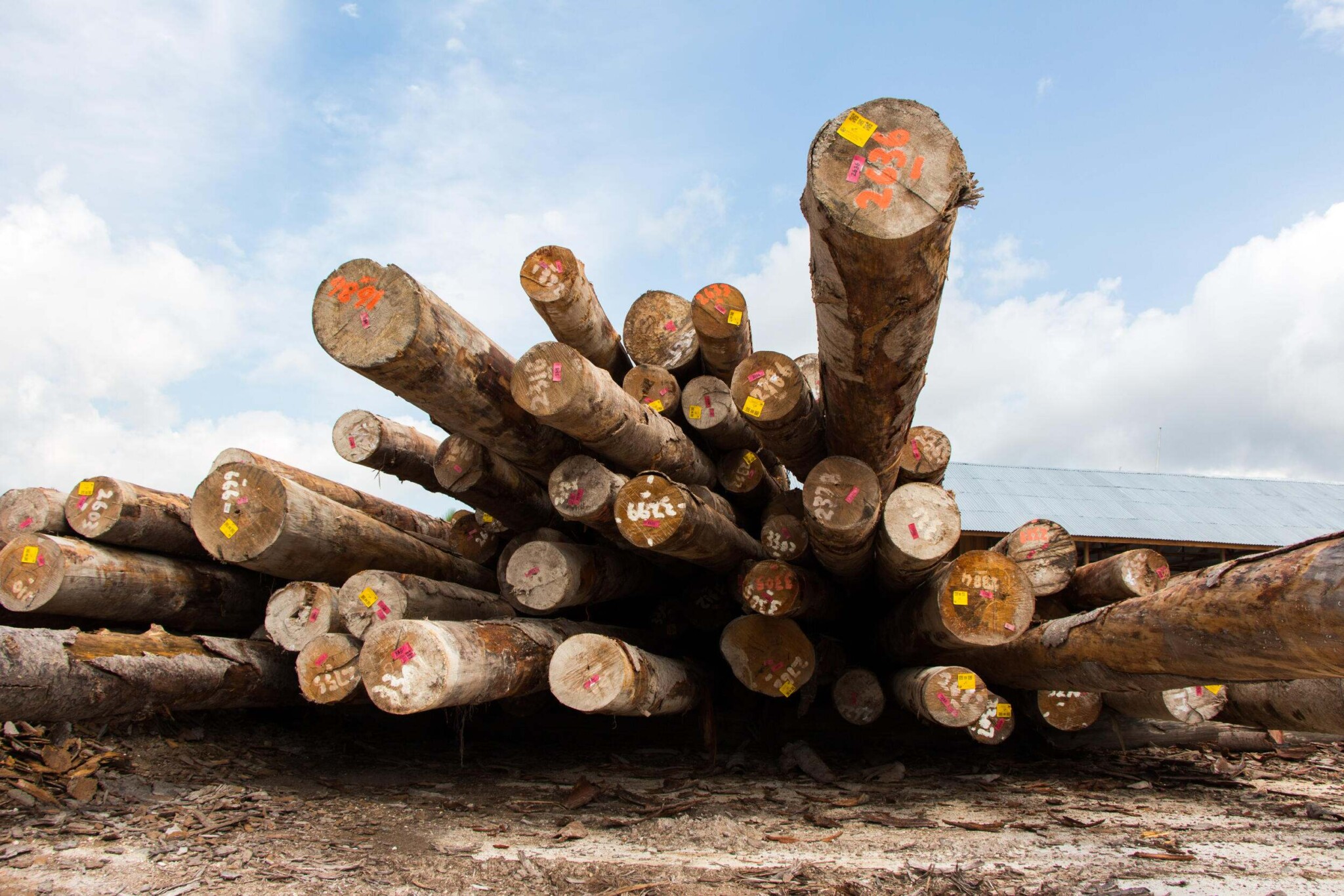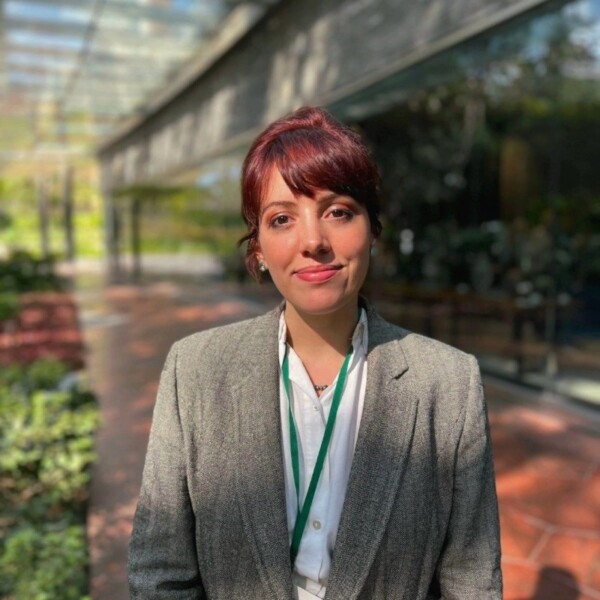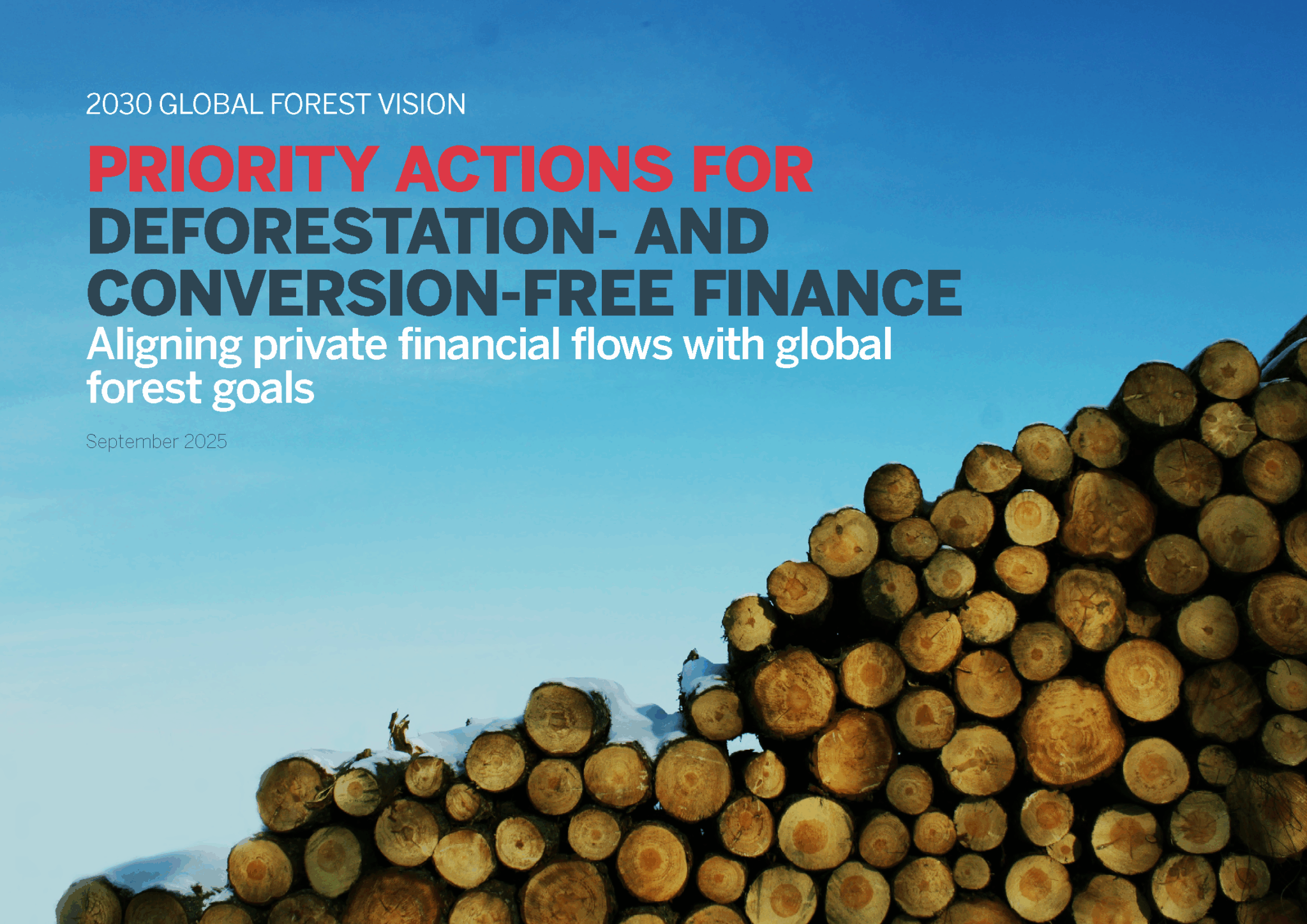
Photo ©Justine E. Hausheer/TNC
A new report released at Climate Week NYC 2025 sets out a bold and actionable roadmap to transform global financial flows and halt deforestation and ecosystem conversion. Titled Priority Actions for Deforestation- and Conversion-Free (DCF) Finance, the report was developed by the Forest Declaration Assessment and DCF Advisory Group, which includes The Nature Conservancy, WWF, UN Climate High-Level Champions, and Climate Focus.
Launched on Tuesday, September 23 at the Nature Hub, the report outlines how policymakers, regulators, and financial institutions can align financial flows with resilient, deforestation- and conversion-free land-use systems. It argues that financial flows—central to global production, trade, and investment—must be redirected to de-risk supply chains, safeguard biodiversity, and build long-term economic resilience.
Read more
Related articles for further reading
The report calls on three key groups to lead the charge. Together, these actors can shift the flow of finance at the speed and scale needed to protect and restore the world’s forests.
- Policymakers set the rules of the game—aligning climate, trade, and agricultural policies with deforestation-free goals.
- Central banks and financial supervisors safeguard economic stability by requiring that forest and land-use risks are measured, disclosed, and managed across the system.
- Financial institutions—from investors to lenders—can embed deforestation- and conversion-free standards in their portfolios, engage and influence clients and investees, and direct capital toward sustainable land-use models.
The report also outlines a five-step framework for financial institutions to identify and mitigate deforestation and conversion risks, emphasizing transparency, due diligence, and stakeholder engagement.
By implementing the priority actions outlined in this report, stakeholders will find that transition to a deforestation- and conversion-free economy is not only pro-nature—it’s pro-farmer, pro-jobs, and pro-growth. By regenerating rather than depleting natural capital, this new model offers a path to greater productivity, resilience, and profitability.

